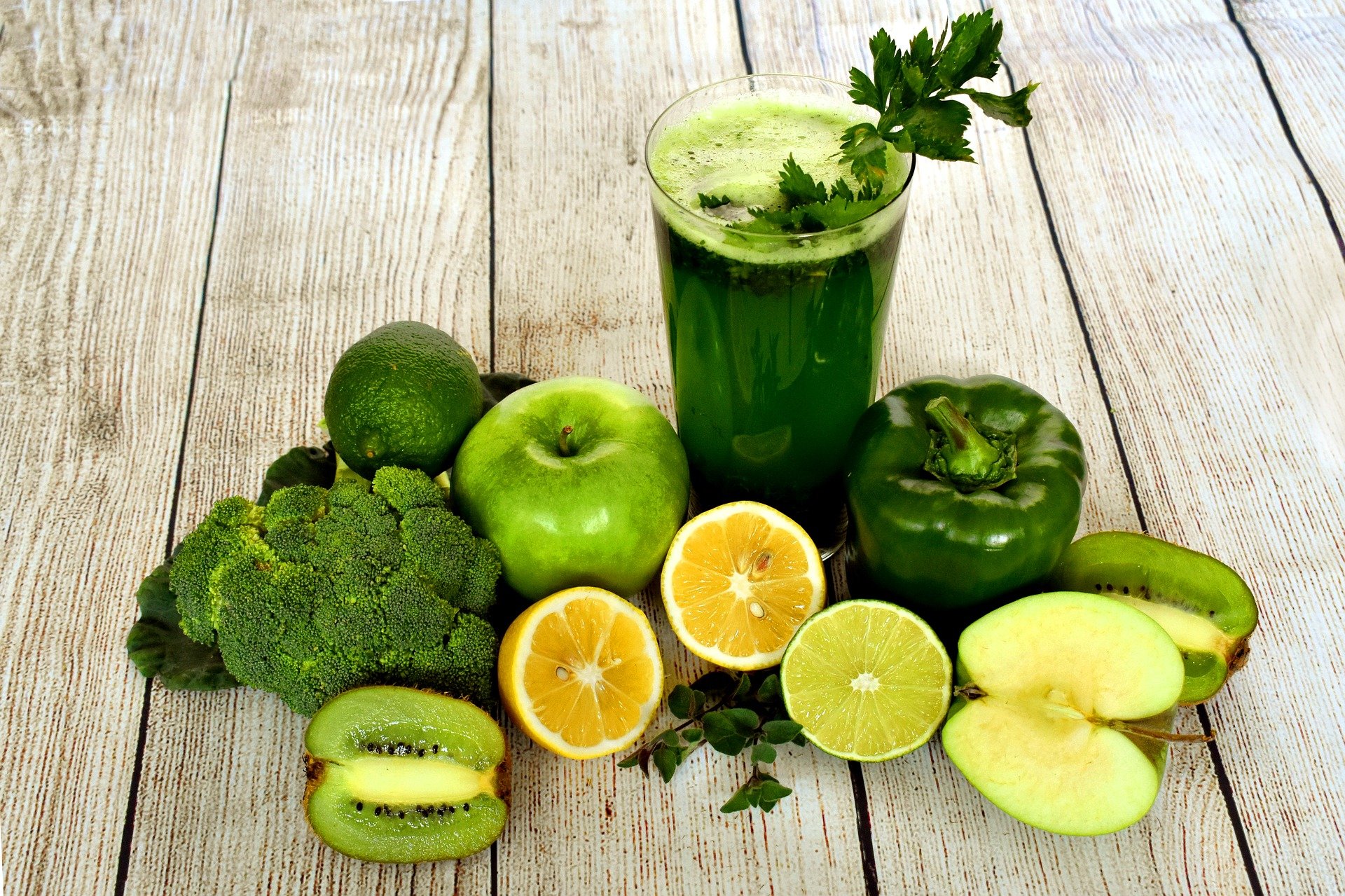The mindset of most consumers is shifting regarding the quality of the products they purchase, we have been observing a growing number of consumers concerned about healthy and also sustainable foods.
In current times of pandemic, we are facing an economic crisis but also a healthy crisis. While economic crisis will increase price sensitive consumers and a move towards cautious buying (see our post ‘In control of grocery spending’), the healthy crisis is also producing a contradictory move, towards increased concerns of food quality and nutritional diets to boost their health and are willing to pay more.
There are many types of healthy concerns.
Some consumers are interested in weight loss and preventing obesity and have growing concerns with the salt, sugar and fat level of their products. For years, many societies have undertaken measures to combat obesity (especially children obesity) and the industry is responding with an increased number low-sugar, low-fat products.
Another group of consumers is concerned natural, organic food and move away from food additives. Food additives were in first instance introduced many years ago to increase the shelf life and, therefore, convenience for consumers. Colorants also have around for many years. But concerned with (what they consider) the risks of food additives, a growing number of consumers is interested in natural, organic food, GMO-free (genetically modified) and moves away from preservatives and other additives. The industry has also responded with a panoply of bio, ecological, all-natural and antioxidants-free products.
Other consumers who have allergies look for gluten-free or lactose-free products. There is a vast offer of glute-free, lactose-free products in the market.
In recent years, a growing number of consumers, motivated by health concerns and fitness is interested in the positive attributes of ingredients, such as nutritional benefits or sustainability. These consumers have become more aware that plant-based protein sources offer similar or sometimes superior functional properties to animal-based proteins. All around the world the number of flexitarian, vegetarian and vegan consumers is growing. Their interest in plant-based, juice and smoothie, fish and seafood is growing and the industry is responding with a rapid-rise alternative protein products.
For the environmentally concerned consumers, the industry introduced a number of products promoting sustainable packaging, ‘on the go’ food and beverages, including sustainable coffee and juice; sustainable dark chocolate and cocoa beans, just to mention a few.
The common point behind these groups is their interest on product composition and nutritional information. This is an area where we expect to see much more easy and understandable nutritional information in the coming years.
Most consumers are paying much more attention to product information and composition.
The Market Radar, apart from helping families to save money, it also helps families eating healthier. With the Market Radar it is very simple to check product composition. And it is free. If you are not using it yet, we encourage you to learn about our method here, and to download the Market Radar here


0 Comments